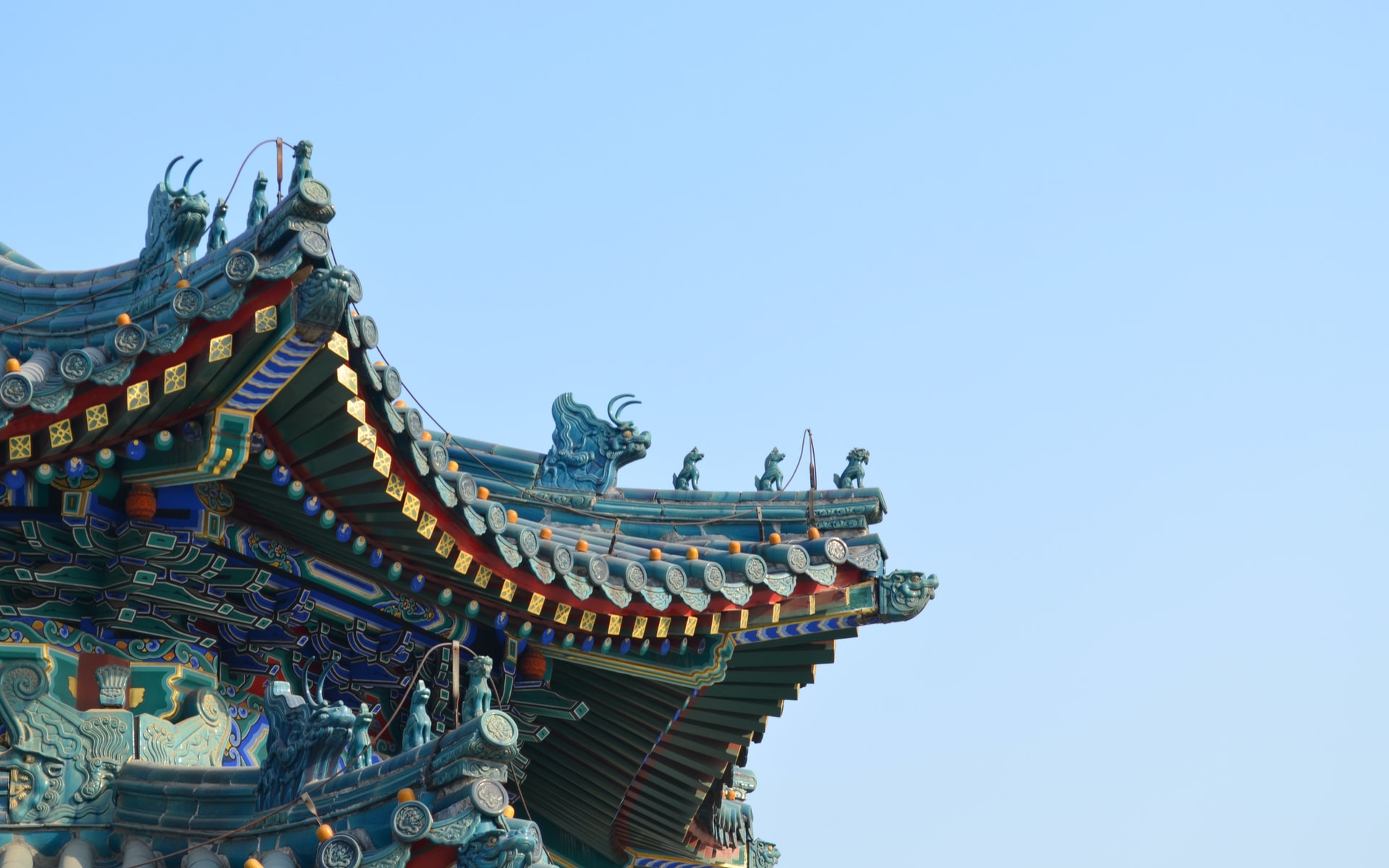China is Facing Power Outages

The statewide power failure in China has resulted in significant blackouts. As a result, companies across the nation have been ordered to cut their production plans or shut down completely, disrupting a distribution network already stretched by shipping delays caused by coronavirus cases. The situation had been brewing over the season.
Still, it was brought to notice last week when residential districts in China’s northeastern regions were suddenly cut off from connection to energy. The limitations occurred when Chinese authorities dealt with protests from the country’s rising middle class, which is concerned with property, schooling, and possible futures.
In essence, if power outages continue, it will certainly continue to affect the lives of Chinese citizens. Further, power outages indicate that the CCP may not have full control over all aspects of life. If the CCP is not able to meet the needs of the Chinese people, then it is showing that it is incompetent. If it continues to be incompetent regularly on critical aspects of life for a large portion of the people, it will find itself with significant upheaval.
China Will Seek To Refine Political Objectives to Solve Power Outages
Political objectives should be set to keep China’s nationally televised games, just like a sporting festival organized in Shaanxi province in late September, which is likely to have contributed to coal mining decreases. In addition, clear non-polluted skies are already being requested in Beijing’s regions in advance of the 2022 Winter Olympics.
But issues still in remain in various parts of the nation.
Several northeastern customers complain on sites like Facebook about getting trapped in lifts, running out of water, and an incident of carbon monoxide poisoning after ventilation systems went out in the dead of night.
The unexpected outages have exposed flaws in China’s electrical economy in recent years. The constraints were caused by an excessive dependence on coal and an increased emphasis on expansion, corresponding with increased coal prices for the year.
According to experts, inadequate communication among China’s financial and environmental strategies and major flaws in the electricity sector has exacerbated the situation. Coal costs have jumped dramatically as the country tries to expand consumption while investing in steel mills, property investment, and construction to stimulate economic growth and rebound after COVID-19.
Systemic Energy Issues in China
A systemic problem complicates the issue in China’s energy industry: energy sources are not supposed to raise power prices on clients exceeding modest ranges provided by national managers while buying coal at market price. Numerous facilities declare maintenance disruptions whenever coal prices rise and restrict or suspend operations instead of risking money.
The plan may change. China’s top economic management has set goals for reducing power usage while improving productivity. Several regional governments have been unable to reach these goals, but they are under massive pressure.
Even though the coal industry will expand to fulfill power requirements this season, experts predict the situation will lessen China’s dependency on oil and encourage investment in renewables preventing high gasoline costs in the future.
